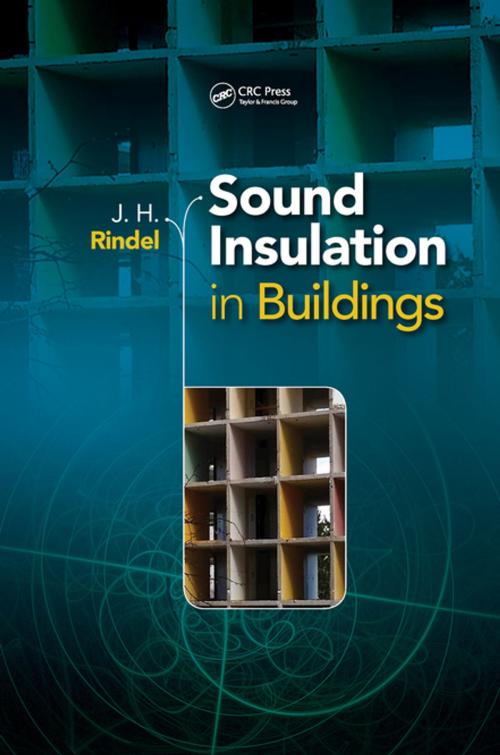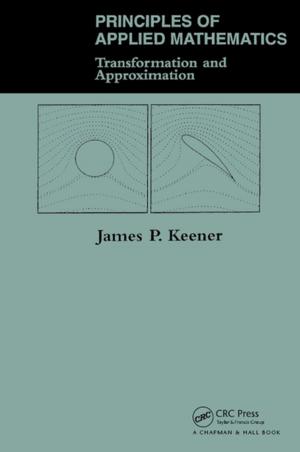Sound Insulation in Buildings
Nonfiction, Science & Nature, Technology, Acoustics & Sound, Construction & Construction Trades, Engineering| Author: | Jens Holger Rindel | ISBN: | 9781351230728 |
| Publisher: | CRC Press | Publication: | November 1, 2017 |
| Imprint: | CRC Press | Language: | English |
| Author: | Jens Holger Rindel |
| ISBN: | 9781351230728 |
| Publisher: | CRC Press |
| Publication: | November 1, 2017 |
| Imprint: | CRC Press |
| Language: | English |
The book explains sound insulation in buildings at a level suitable for both graduate students and expert consultants.
Theoretical models are set out for sound transmission in buildings, with an emphasis on thick and heavy constructions. Thus, the description is not restrained by the common assumption of bending waves which is characteristic of thin plates, only. A general description is provided, with the modal density in the structures as a key parameter. At low frequencies statistical energy analysis is replaced by modal energy analysis. Sound transmission through windows and facades is represented by a model that allows any angle on incidence, including the special case of grazing incidence. One chapter is devoted to the subjective evaluation of sound insulation, particularly noise from neighbours, and how this can be applied in a sound classification scheme for dwellings. Measurement methods in building acoustics are presented with emphasis on modern methods using MLS signals or sine sweeps. The analysis and estimation of measurement uncertainty is discussed in detail. In a final chapter examples of experimental buildings with high sound insulation are explained.
The book explains sound insulation in buildings at a level suitable for both graduate students and expert consultants.
Theoretical models are set out for sound transmission in buildings, with an emphasis on thick and heavy constructions. Thus, the description is not restrained by the common assumption of bending waves which is characteristic of thin plates, only. A general description is provided, with the modal density in the structures as a key parameter. At low frequencies statistical energy analysis is replaced by modal energy analysis. Sound transmission through windows and facades is represented by a model that allows any angle on incidence, including the special case of grazing incidence. One chapter is devoted to the subjective evaluation of sound insulation, particularly noise from neighbours, and how this can be applied in a sound classification scheme for dwellings. Measurement methods in building acoustics are presented with emphasis on modern methods using MLS signals or sine sweeps. The analysis and estimation of measurement uncertainty is discussed in detail. In a final chapter examples of experimental buildings with high sound insulation are explained.















